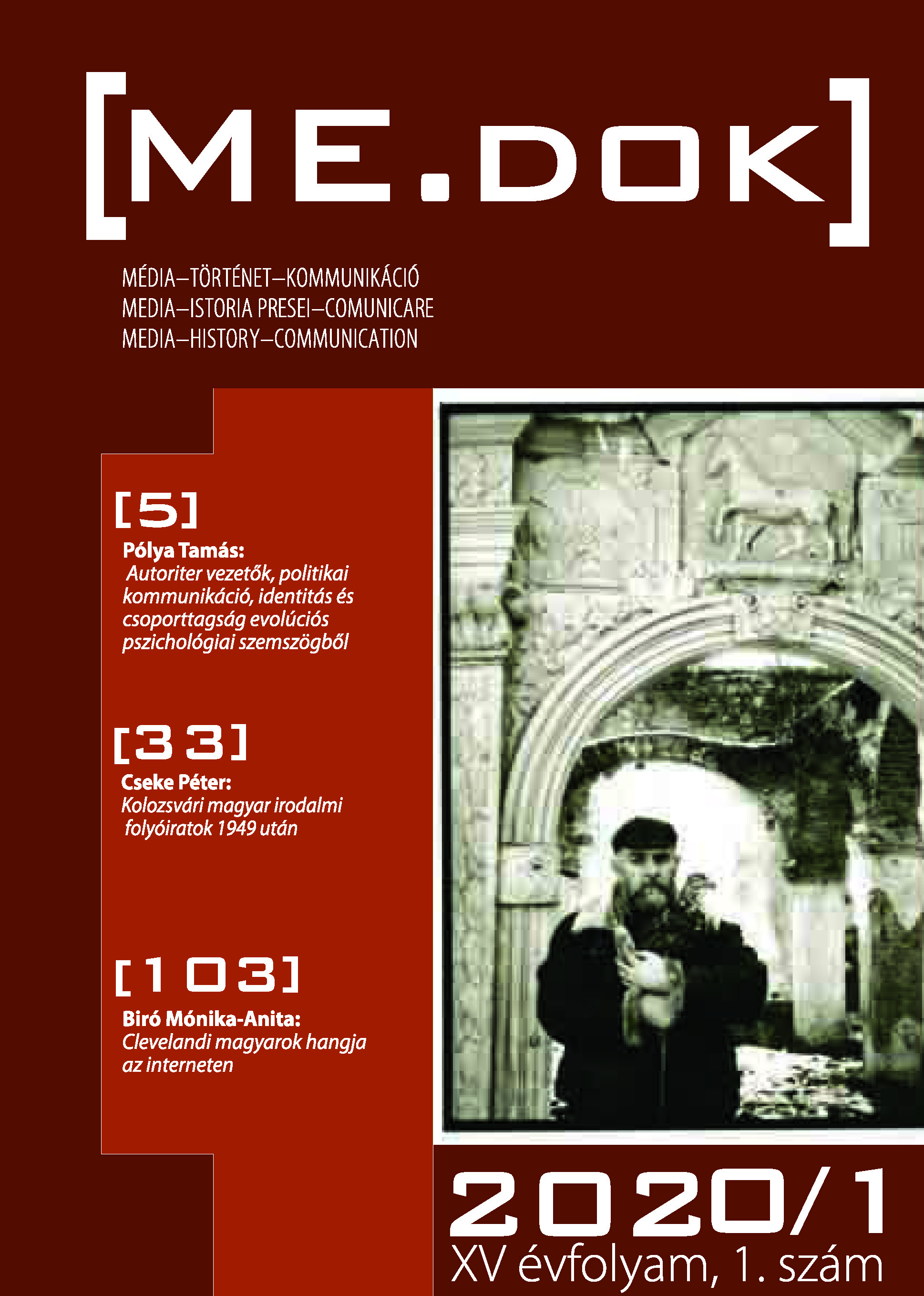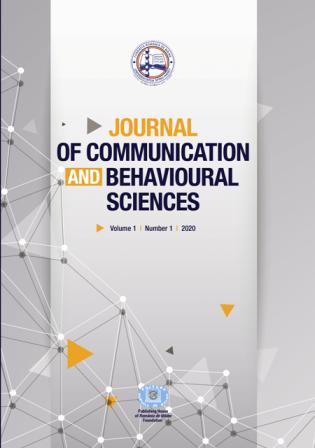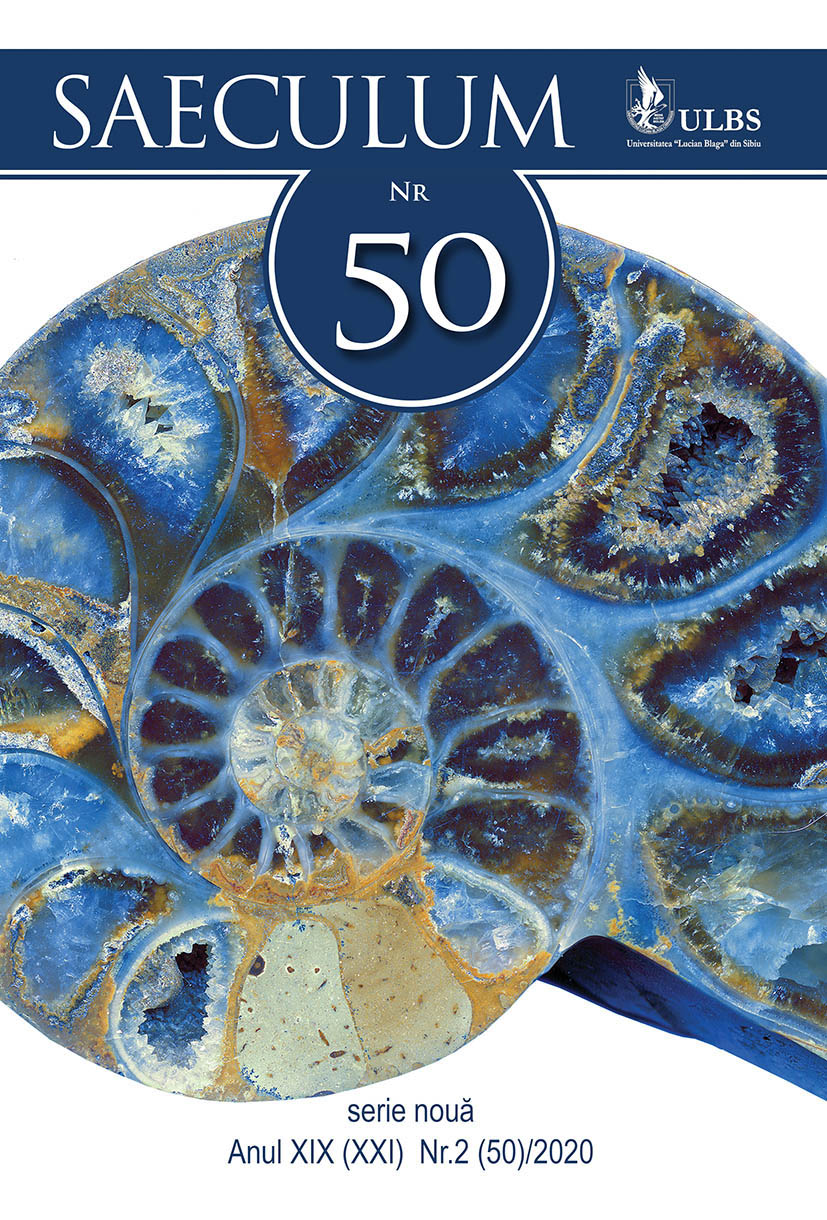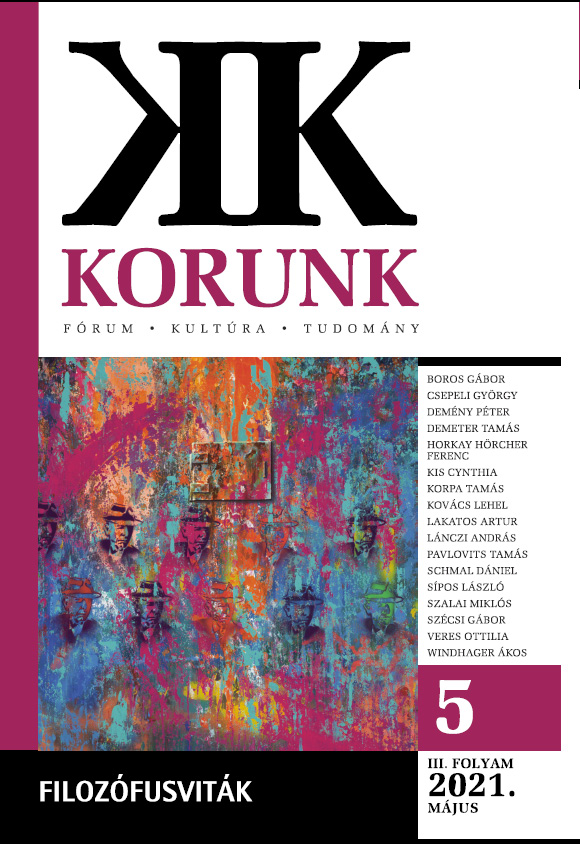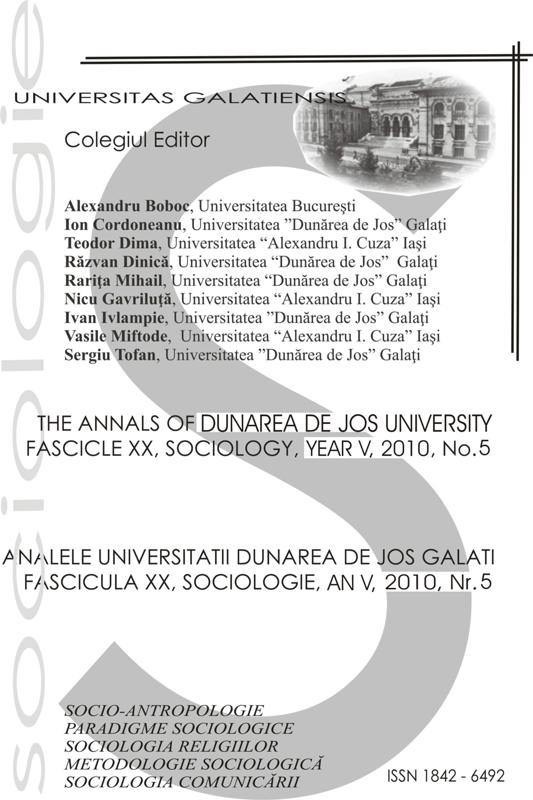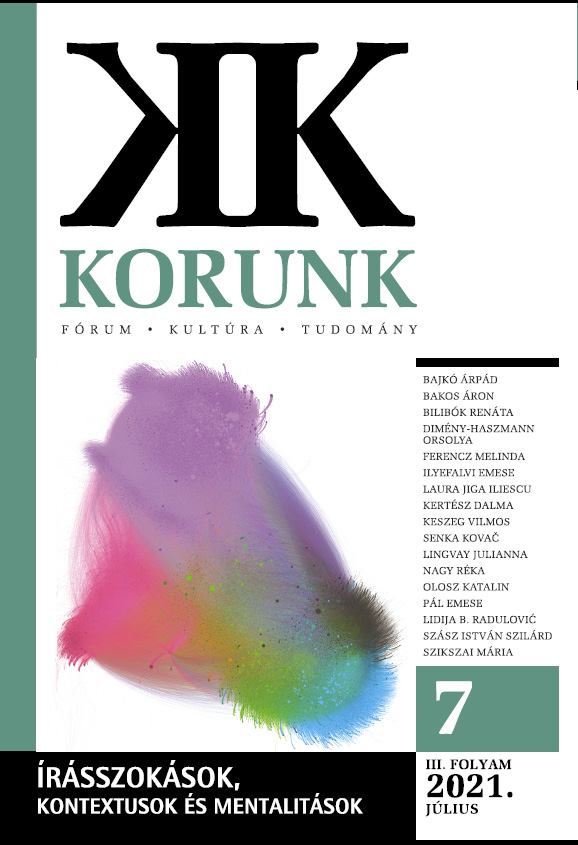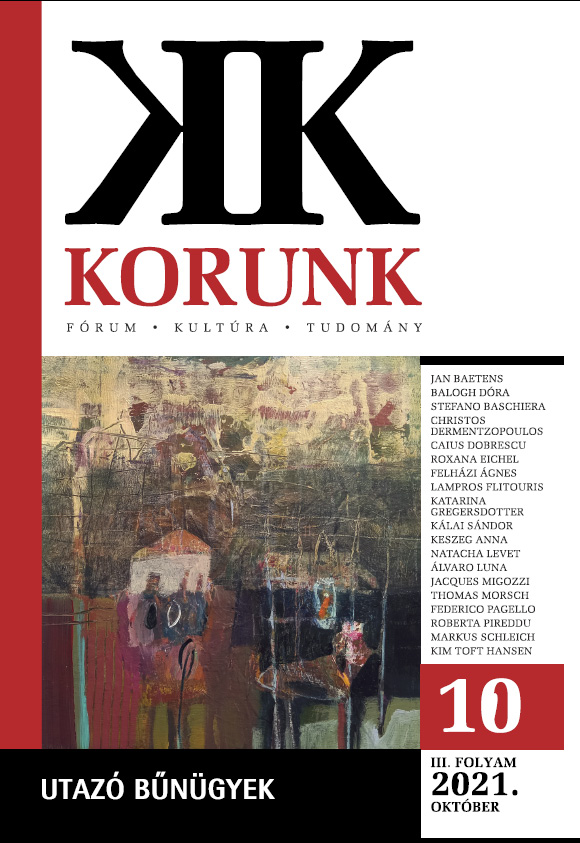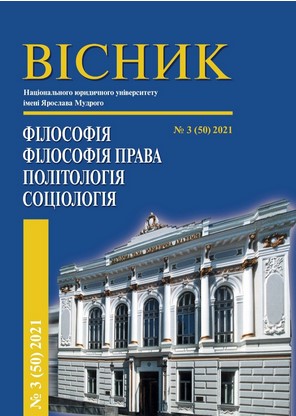Communication Experiences in Business Organizations (Business Organizations in Kosovo)
The effectiveness of internal communication, is the key factor for the organization’s success and it gets paid special attention and in that: how these communication methods were received by employees and the effect which they had, and what the execution methods were, always by aiming and finding the adequate methods in order to transmit and comprehend the defined information, which has strategical importance for the organization. The aim of this paper is to analyze the methods of communication development between the management and employees in the organization, how defined methods of communication affect employees, as in their behavior, motivation and engagement in work.Theoretical approaches and research results in business companies, that are displayed, are going to create a clearer view of effective communication ways which have had an impact in the performance of employees, the behavior and relation between colleagues. The findings from the research are presented in the continuation of the paper.
More...
